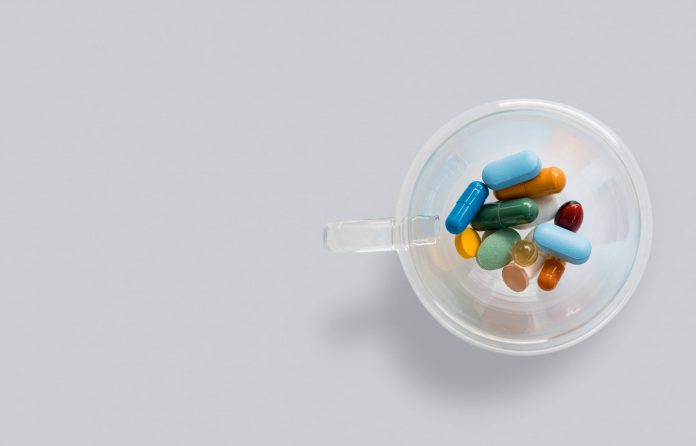It’s that time of the year again when the breeze is finally cooler and warm drinks are more enjoyable. But the drop in temperature also means you have more chances of getting a runny nose, catching a cold, or developing a cough. Though the pandemic is high priority, we shouldn’t forget that there are other illnesses to guard and protect ourselves from.
An expert from Makati Medical Center (MakatiMed), a top hospital in the Philippines, says that a well-equipped medicine cabinet can be your first layer of defense when flu-like symptoms kick in.
“On top of fighting COVID-19, we also need to be cautious about the common illnesses during the ‘Ber’ months. These illnesses can be as common as allergic rhinitis and flu or something more serious such as dengue and cholera, and others that develop because of food and water contamination,” says Jose Sanchez, MD, MakatiMed’s General Medicine Section Chief. “During this time, see to it that you have over-the-counter medicines to relieve you from the usual symptoms like fever, colds, cough, sore throat, and diarrhea that come with these illnesses.”
Here are the must-have medicines you need in your cold season arsenal, as recommended by Dr.Sanchez.
Ibuprofen and acetaminophen. Headache, body aches, or fever usually accompany a common cold and flu as well as dengue and other serious cold season illnesses. “To manage the pain and bring down a fever, you need to have paracetamol and ibuprofen,” Dr. Sanchez says. “If you have children at home, it’s important that you also have pediatric non-aspirin product on hand too.”
Decongestants and antihistamines. Symptoms that can go with allergic rhinitis and flu like stuffy, running noses and itchy, watery eyes are not only uncomfortable but can also interfere with much-needed sleep. “Decongestants and antihistamines can help reduce the severity of these symptoms so you can get rest and go about your day-to-day activities. But be mindful when using it with other medicines,” he points out.
Expectorants and cough suppressants. Not all coughs are the same, so they also need specific remedy. “Expectorants are for productive cough that helps bring up the mucus, while cough suppressants can help quiet down a dry cough,” Dr. Sanchez explains. “To get proper relief, you must take one that addresses the cough you’re experiencing.”
Loperamide and bismuth subsalicylate. Cholera, typhoid fever, and gastroenteritis and other illnesses related to food and water contamination include diarrhea as one of its symptoms. “The important thing you must do if you have these problems is to control diarrhea to avoid dehydration,” he reminds. “Loperamide can help you have more formed stools, while bismuth subsalicylate can keep bacteria and viruses that cause diarrhea from spreading in your stomach and intestines.”
Dr. Sanchez also suggests equipping your medicine cabinet with mosquito repellant lotion to keep dengue carrying mosquitos away from you especially when venturing outdoors. He also says to include throat lozenges and nose spray in your must-haves for relief from inflamed nasal passages in mild symptoms. And if you’re constantly blowing your nose, apply petroleum jelly to help your skin from getting irritated. Of course, a thermometer should also be on hand to help you monitor your body temperature if you feel like you’re coming down with a fever.
While there are medicines to relieve you of the pain, discomfort, and other symptoms of cold season illnesses, Dr. Sanchez stresses that it’s important to consult with a physician if you’re still feeling unwell over a period of time. “Some of the symptoms can be similar with COVID-19, so it’s best to reach out to your doctors so you can get the proper medical attention that you need for your specific condition and get you back on track to being healthy in no time,” he says.
Join our MomCenter Community on our Facebook page and Facebook group for more insights on motherhood and parenting.





